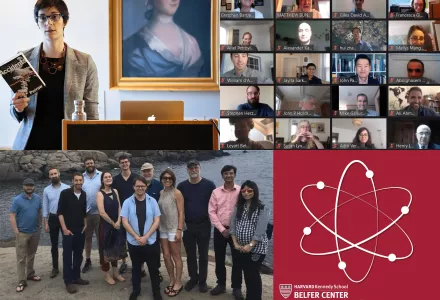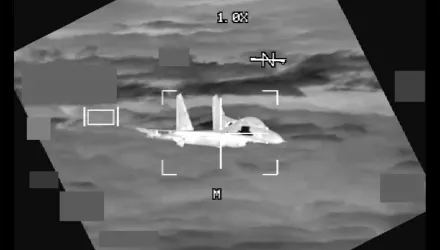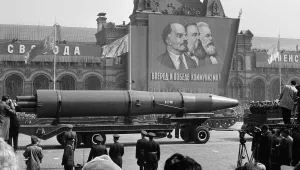Learn from Project on Managing the Atom (MTA) faculty, staff, and fellows about MTA and its mission, opportunities available at the Center, the fellowship application process, and more.
The Project on Managing the Atom (MTA) at Harvard’s Belfer Center for Science and International Affairs welcomes fellowship applications for the 2022-2023 academic year. MTA is Harvard's principal research group focusing on nuclear weapons and nuclear energy policies. For additional information about the project, click here.
MTA fellows are expected to pursue research with a nuclear policy focus. For the coming year, we are especially interested in scholars working on various aspects of rethinking nuclear deterrence and reducing its dangers, and in scholars exploring how best to resolve regional nuclear proliferation crises.
Fellowships are open to pre-doc and post-doctoral scholars, and mid-career professionals. Post-doctoral scholars and junior faculty members may also apply for Stanton Nuclear Security Fellowships at the Belfer Center. (These two categories of fellowships are similar, but have somewhat different requirements and stipends.) The online application for fellowships for the 2022-2023 academic year is now open. The application deadline is December 1, 2021. All recommendation letters will be due by December 15, 2021. Decisions will be announced by February 15, 2022.



